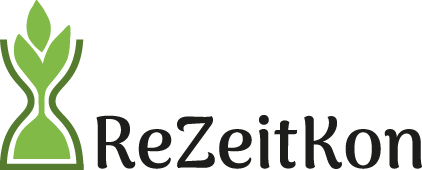Research team

Field of Work-Studies (Arbeitslehre) / Economy of Sustainable Consumption
In the special field of Work Studies / Economy of Sustainable Consumption, under the direction of Prof. Dr. Ulf Schrader, an interdisciplinary team is researching on topics of Corporate Social Responsibility, Sustainable Marketing, Innovation Management and Sustainable Consumption. Obtained research insights are incorporated into the education of teachers for the school subject of “Work-Studies”. Training and education of future school teachers is the main focus of the department.
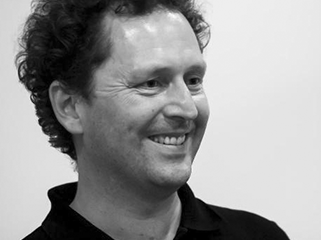
Ulf Schrader holds the chair of Economic Education and Sustainable Consumption since 2008. In addition, he is since 2016 the director of the School of Education of TU Berlin (SETUB). In the winter term 2017/18 he was visiting scholar at George Perkins Marsh Institute, Clark University, Worcester, USA. He studied economics, business administration, political sciences and sociology in Göttingen, Dublin and Hannover and holds degrees as “Diplom Ökonom (1995)” and “Magister Artium (2004)”. He did his PhD and his post-doc-degree (Habilitation) at the Leibniz Universität Hannover. He is a member of the Editorial Board of the Journal of Consumer Policy and the Journal Sustainability: Science, Practice and Policy. He was a member of the Scientific Advisory Board of the German Federal Ministry for Nutrition, Agriculture and Consumer Protection and of the Innovation Advisory Board of the German Federal Ministry for Economic Cooperation and Development and co-chairmen of the Co-operation Council for Teacher Education of the state of Berlin. Besides his teaching, he has been leading numerous research projects in the fields of sustainable consumption and corporate social responsibility. Currently (2015 – 2018), he is heading the research projects “BiNKA – Education for Sustainable Consumption through Mindfulness Training (Bildung für Nachhaltigen Konsum durch Achtsamkeitstraining)” and “IMKoN – Integrating Employees as Consumers into Sustainability Innovation Processes (Integration von Mitarbeitern als Konsumenten in Nachhaltigkeitsinnovationsprozesse)“, both funded by the Federal Ministry of Education and Research (BMBF) as part of the Social-Ecological Research (SÖF) framework. In addition, he is co-chairing the sub-projects „Social Utility Value and Profession Choice Motivation for Technical-Oriented Vocational School Teachers” and „Teach-Learn-Laboratories in Work-Studies (Arbeitslehre)”, both part of „TUB-Teaching“, the joint project of TU Berlin in the framework of the “Qualitätsoffensive Lehrerbildung [Quality Campaign for Teacher Education]”.
Technische Universität Berlin
Institut für Berufliche Bildung und Arbeitslehre
Marchstraße 23, Raum: MAR 1.016
10587 Berlin
Tel.: 030-314 28769
Fax.: 030-314 21120
E-Mail: schrader@tu-berlin.de
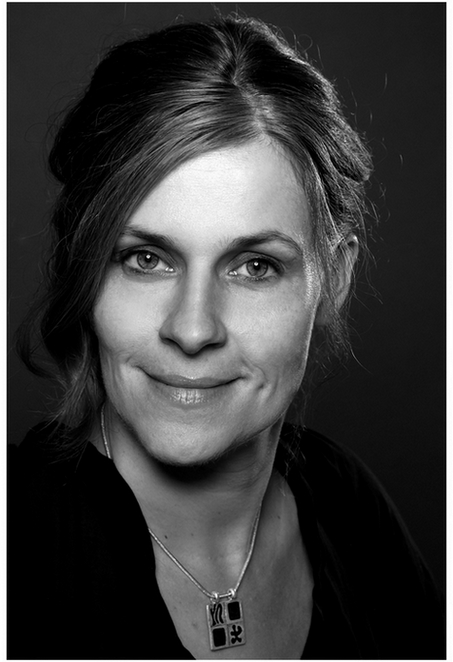
Sonja Geiger studied psychology at Humboldt-Universität zu Berlin and received the related diploma in 2004. She then did her doctorate in cognitive psychology at Universität Potsdam in 2007 with a subsequent Post-Doc employment at the Cognitive Science Lab of the University of Western Australia, Perth Australia. She embarked on the path towards environmental psychology when she was working several years for the NGO „Amigos de la tierra“ (FOEI Argentina) in Buenos Aires, Argentina, where she lived from 2008 to 2012 and contributed with her experience in environmental issues in South America to a first research project on environment and psychology at the UBA (Universidad de Buenos Aires). At various universities Sonja Geiger gained teaching experience between 2011 and 2014 (UIA, Buenos Aires, SRH Berlin) in socio-empirical quantitative methods, the fundamentals of General Psychology as well as courses on environmental psychology with regard to sustainability and society. Since March 2015 she works on the research project Education for Sustainable Consumption through Mindfulness Training (BiNKA) funded by the Federal Ministry of Education and Research (BMBF). Since March 2015 she has also been working for the Department of individual differences and psychological assessment of the University of Ulm in the living lab “Sustainable transformation of the textile industry in Dietenheim”
Technische Universität Berlin
Institut für Berufliche Bildung und Arbeitslehre
Marchstraße 23, Raum: MAR 1.018
10587 Berlin
Tel.: 030/314-28770
E-Mail: sonja.m.geiger@tu-berlin.de
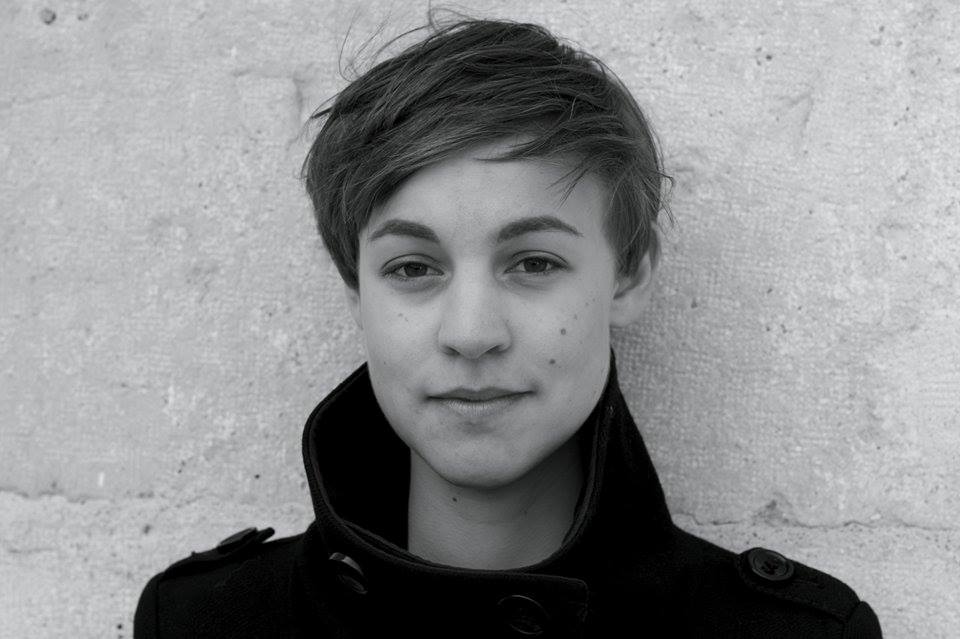
Stefanie Gerold studied Economics (BSc), and Socio-Ecological Economics and Policy (MSc) at WU Vienna, and Political Science (BA) at University of Vienna. Between 2015 and 2016, she was working as a research assistant at SERI (Sustainable Europe Research Institute). In 2016, Stefanie started her PhD at the Macroeconomic Policy Institute (IMK) of the Hans Böckler Foundation, and at the Institute for Ecological Economics (WU Vienna). In her PhD she focuses on employee preferences for shorter working hours, various firm models for working-time reduction, as well as inequalities in working hours and income. In October 2018 Stefanie started working at the Department of Applied Sciences/Economics and Sustainable Consumption on the research project “ReZeitKon” (Time Rebound, Time Prosperity and Sustainable Consumption).
Institut für Berufliche Bildung und Arbeitslehre
Marchstraße 23, Raum: MAR 1.018
10587 Berlin
Tel.: 030/314-28770
E-Mail: stefanie.gerold@tu-berlin.de
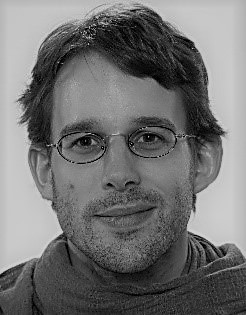
Gerrit von Jorck is working at the Institute of Vocational Education and Work Studies at the Technical University of Berlin, Division of Economic Education and Sustainable Consumption and Fellow at the Institute of Ecological Economy Research (IÖW). In his PhD project, he focuses on time wealth in the context of social-ecological transformations. Von Jorck studied economics, sociology and philosophy in Cologne, Utrecht, Berlin, Budapest and Potsdam. From 2013 to 2015 he was working for the Institute of Ecological Economy Research (IÖW), i.a. as editor of the Blog Postwachstum. He is member of the board of the Society of Ecological Economy Research (VÖW). His interests are social-ecological labor research, time wealth and sustainable consumption.
Institut für Berufliche Bildung und Arbeitslehre
Marchstraße 23, Raum: MAR 1.017b
10587 Berlin
Tel.: 030-314 73466
E-Mail: gerrit.vonjorck@tu-berlin.de
Emre Ergen is a student assistant of the ReZeitKon project. He studied psychology in Cologne and is currently a master student in the field of “Historical Urban Studies” at the Technical University of Berlin. Ergen had been working as a student assistant for the Charitè Berlin in the field of mindfulness for psychosis and started working at ReZeitKon in Dezember 2019.
Technische Universität Berlin
Institut für Berufliche Bildung und Arbeitslehre
Marchstraße 23, Raum: MAR 1.024
10587 Berlin
Tel.: 030 – 314 73279
E-Mail: emre.ergen@campus.tu-berlin.de
Fraunhofer Institute for Systems and Innovation Research
The Fraunhofer Institute for Systems and Innovation Research ISI conducts applied research in six Competence Centers with a total of 23 Business Units and sees itself as an independent institute for society, politics and industry. Our expertise in the area of innovation research is based on the synergy of the technical, economic and social science knowledge of our staff members. In our work we apply not only a broad spectrum of advanced scientific theories, models, methods and social-science measurement instruments, but continually develop them further, utilizing the empirical findings from the research projects conducted.
Lorenz Erdmann is the Coordinator of Business Unit Future Alternatives and Society at Fraunhofer Institute for Systems and Innovation Research ISI. He joined the Fraunhofer Institute for Systems and Innovation Research ISI in October 2011. He works as research associate and project manager at the Competence Center Foresight. Among his major research topics are the development and application of foresight methods (e.g. scenarios, roadmapping, future-oriented surveys and dialogues), and their integration into inter- and transdisciplinary research processes (e.g. combination with methods of industrial ecology and social-ecological research). Lorenz Erdmann graduated at the Technical University Berlin (Germany) in Environmental Engineering. Afterwards (1999-2011) he worked as research associate and project manager at the Institute for Futures Studies and Technology Assessment (IZT), Berlin. In 2010, he passed a research stay at the Center for Industrial Ecology of Yale University.
Fraunhofer-Institut für System- und Innovationsforschung ISI
Breslauer Straße 48
76139 Karlsruhe
Tel.: +49 721 6809-313
E-Mail: lorenz.erdmann@isi.fraunhofer.de
Kerstin Cuhls has been a scientific project manager at the Fraunhofer Institute for Systems and Innovation Research ISI since 1992. She studied Japanology, Chinese Studies and Economics/Business Administration. She finished her Dr. phil. at the University of Hamburg in Japanology about Technology Foresight in Japan and now combines this knowledge with methods from Futures Research. From 2007 to 2009 Kerstin Cuhls was the project manager of the first cycle of the BMBF Foresight. From 2008 to 2010 she was head of the business unit “Foresight and Futures Research”. In national, regional and international studies for different contracting authorities she built up a huge repertoire of methods in Foresight applied in projects and taught in seminars at the Freie Universität Berlin (Masterstudiengang Zukunftsforschung). From 2011 to 2012, she was interim professor for Japanology at the Centre for East Asian Studies, University of Heidelberg with lectures and seminars about East Asian history, cultural issues in the context of management, Innovation in Japan, Time Concepts in East Asia and Demographic Change. Teaching assignments (Demographic Change, Time Concepts) in Heidelberg followed. Kerstin Cuhls was member of the European Forum for Forward-Looking Activities (EFFLA) of the European Commission, the High Level Expert Group RISE and the expert group “Strategic Foresight”. She is in the International Editorial and Advisory Boards of different Journals (e.g. Technological Forecasting & Social Change, Journal of European Futures Research, Futures & Foresight Science, Zeitschrift für Zukunftsforschung etc.).
Fraunhofer-Institut für System- und Innovationsforschung ISI
Breslauer Straße 48
76139 Karlsruhe
Tel.: +49 721 6809-313
E-Mail: kerstin.cuhls@isi.fraunhofer.de

UNESCO Chair in Higher Education for Sustainable Development
The UNESCO Chair in Higher Education for Sustainable Development was established in 2005 at the University of Lüneburg. Teaching focus and main research of this chair is sustainability for university education and its implementation in research and education as well as promoting an integrated system of research, training, information and documentation in this specific field. It serves as a means of facilitating collaboration between high-level, internationally recognized researchers and teaching staff of the University and other institutions in Germany and elsewhere in Europe, and in other regions of the world.

Daniel Fischer is an assistant professor at the School of Sustainability at Arizona State University. Before that, he worked for 10 years at Leuphana University in Germany, where he still is a guest professor. In his research and teaching, Daniel casts an educational perspective on the question of how sustainable consumption can be promoted through communication and learning. He uses inter- and transdisciplinary approaches to understand how consumption patterns evolve and change. Daniel has a strong interest in how innovative teaching and learning strategies like mindfulness, storytelling or citizen science can increase reflexivity in learners and – in an educational tradition – help us reshape our relations to the consumer societies that we have been born, encultured and socialized into in the industrialized world.
Leuphana Universität Lüneburg
UNESCO Chair Hochschulbildung für nachhaltige Entwicklung
Scharnhorststr. 1, Raum: C14.105
21335 Lüneburg
Tel.: 04131 – 677 2927
E-Mail: daniel.fischer[at]uni.leuphana.de
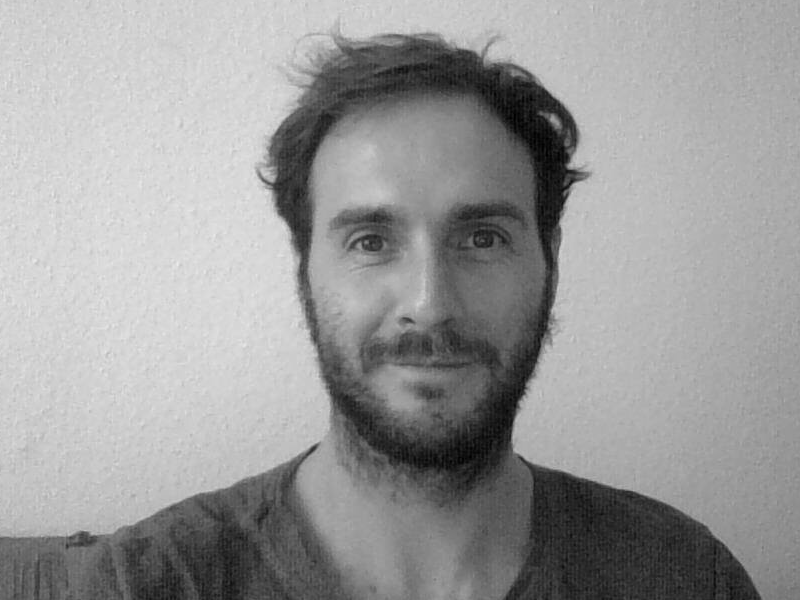
Pascal Frank is a research fellow and PhD candidate at the Faculty of Sustainability at Leuphana University. Before that, he worked as a research assistant at Fernuniversität Hagen. In his research and teaching, he is particularly interested in personal approaches toward education for sustainable development. More precisely, he inquires the relevance personal (e.g. affective-motivational, bodily) competences for educating future change agents for sustainable development and looks at ways to integrate a systematic cultivation of these competences into current ESD. For this purpose, Pascal Frank draws upon a variety of self-reflexive learning activities and introspective practices and combines them with a training in (mainly qualitative) research methods.
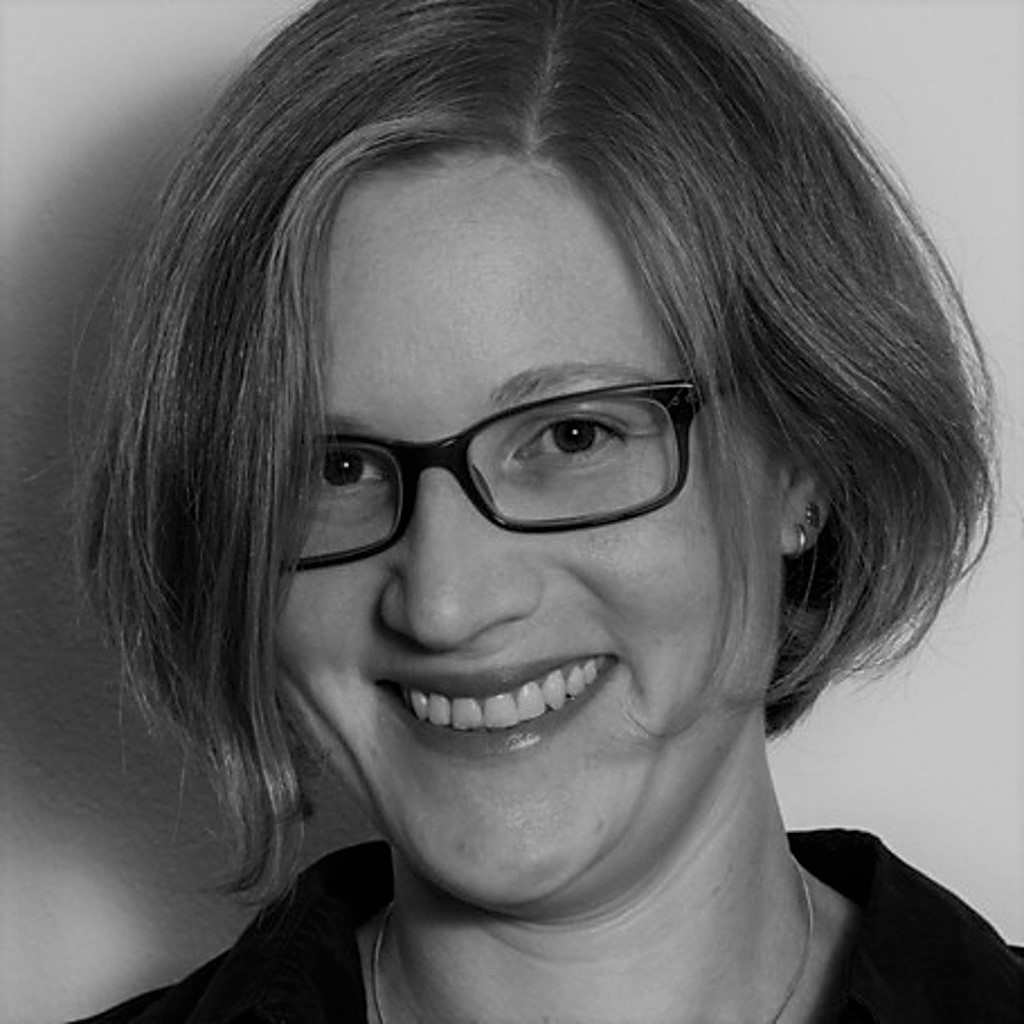
Claire Grauer is a research associate at Leuphana University Lüneburg. She is a social anthropologist by training has worked for an international child rights NGO as well as an independent consultant and trainer in development and environmental education before joining Leuphana in 2018. Claire has a strong interest in qualitative research and is keen on understanding approaches to teaching and learning about sustainable consumption in formal and informal education settings. Within the ReZeitKon-project she focuses on better understanding secondary level students’ perspectives on consumption with regard to their individual use of time.The application of an intercultural perspective and her interest in applying artistic methods such as creative writing and improvisation theatre have been two important crosscutting issues in her previous work, connecting her professional and private interests.
Celine Ebeloe is a student assistant in the ReZeitKon project. She is studying Sustainability Science at Leuphana University. Celine’s main fields of interest are personal approaches to sustainability, dealing with emotions and values, and the question how to engage people with sustainability problems without getting them in a defensive mode.
